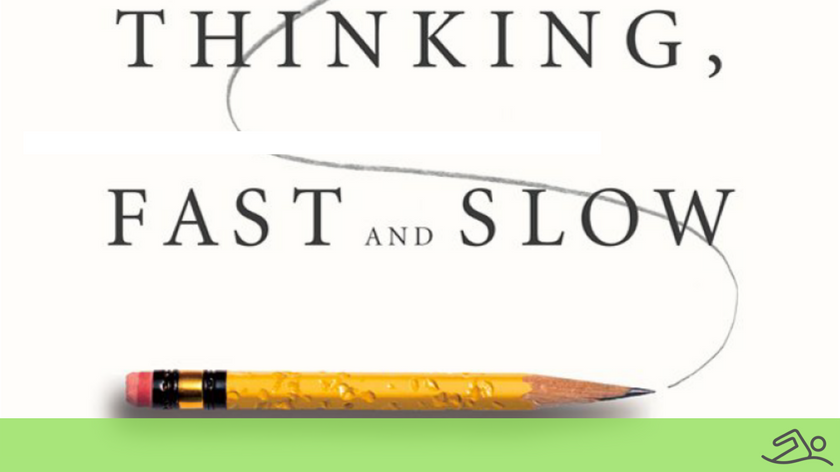In 2002, Daniel Kahneman was awarded the Nobel Memorial Prize in Economic Sciences. Trained in psychology, Kahneman pioneered behavioral economics with his long-time friend and colleague, Amos Tversky. Kahneman’s relationship with Amos Tversky forms the basis of Michael Lewis’s latest book, “The Undoing Project”. Unlike neo-classical economics which assumes that individuals are “rational” decision makers, Kahneman’s empirical conclusions establish that humans are flawed in their decision-making. His bestselling book, “Thinking, Fast and Slow,” was published in 2011.
Earlier this month, Kahneman disclosed that he “placed too much faith in underpowered studies” in a chapter of his book. He concludes that “the experimental evidence for the ideas I presented in that chapter was significantly weaker than I believed when I wrote it. This was simply an error: I knew all I needed to know to moderate my enthusiasm for the surprising and elegant findings that I cited. But I did not think it through.” Kahneman also notes that he would like the studies he cites to be replicated in larger scale studies.
Kahneman’s research and ideas in behavioral economics have been used in health. Vitality is one company that has incorporated nudges, incentives, and rewards to promote health and prevent disease. Our healthy food benefit discounts healthy food purchases and our analysis using data from 300,000 participants demonstrates that subsidizing fruits and vegetable can lead to increases in these purchases of 5.7 to 8.5 percent and to decreases in purchases of processed sugary and fatty foods by 5.6 to 7.2 percent. Additionally, purchase weight data show an 8 to 13 percent decrease in land requirements, a 7 to 12 percent decrease in water footprint, and an 8 to 10 percent decrease in greenhouse gas emissions.
Vitality’s work has also been showcased in a World Economic Forum report focused on using behavioral economics for human-centric health. A Vitality case study demonstrates that enrollees in its incentive-based workplace health program can be nudged to engage in physical activities, which can subsequently trigger other healthy behaviors. A five-year study of more than 100,000 Vitality members in the United States found that the greatest change in the average number of weekly minutes of physical activity was among least active members, who experienced an increase of as much as 150 percent in their weekly minutes of activity. Equivalent large scale studies are needed to guide public policy in the use of behavioral economics.
Are you using behavioral economics for societal benefit? Tweet at Gillian Christie @gchristie34, Derek Yach @swimdaily or at Vitality @VitalityUSA.







